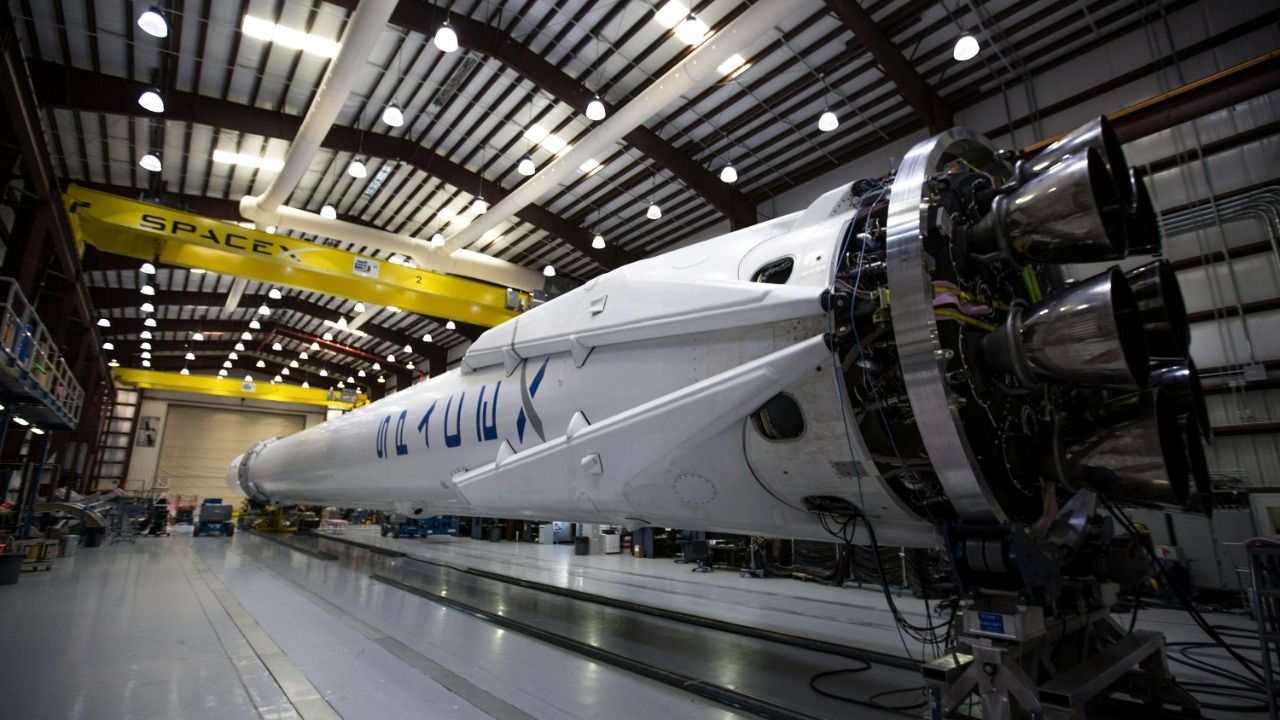
The relentless quest for sustainable fuel sources has led to a groundbreaking innovation: converting trash into rocket fuel. This cutting-edge technology not only addresses the growing waste problem but also promises a more sustainable future for space exploration. By examining how this technology works and its potential impacts, we can better understand its role in the future of sustainable energy and aerospace.
Understanding the Technology

The process of converting trash into rocket fuel involves several intricate steps that transform waste materials into a high-energy propellant. This is achieved through advanced scientific principles and technologies like pyrolysis and gasification, where organic materials are decomposed at high temperatures in the absence of oxygen. The resulting gases are then reformed into usable fuel. This innovative approach not only helps manage waste but also generates a valuable resource for space missions.
Pioneering companies and research institutions are at the forefront of this technological advancement. For instance, several startups and established firms have been working tirelessly to fine-tune the conversion process and improve its efficiency. Insights from leading researchers, such as those detailed in this publication, highlight the potential of this technology in revolutionizing the way we approach waste management and fuel production.
Environmental and Economic Impacts

Converting trash into rocket fuel significantly reduces landfill waste and pollution levels. By diverting waste from landfills, this technology helps decrease the decomposition of organic waste, which is a major source of methane—a potent greenhouse gas. Moreover, the reduced need for traditional fuel production leads to lower carbon emissions, contributing to a decrease in global pollution levels. The environmental impact of this technology is profound, as highlighted in projects like the Airco carbon conversion initiative.
From an economic perspective, the technology presents significant benefits. Industries and governments stand to gain from the cost-effectiveness of generating fuel from waste. This approach can lead to substantial savings in waste management and fuel production costs. Additionally, the long-term financial implications for sustainable energy markets are promising, as the demand for cleaner and more efficient energy sources continues to rise. More details on these benefits are explored in studies such as the one found here.
Applications in Space Exploration

The potential applications of trash-derived rocket fuel in space exploration are vast. For long-duration missions to Mars and beyond, such fuel offers an efficient and sustainable alternative to traditional rocket propellants. The energy density and renewability of this fuel make it an attractive option for fueling spacecraft on extended journeys. The concept of plastic waste-powered rockets illustrates the innovative use cases being explored.
Partnerships between technology companies and space agencies, such as NASA, are crucial for the integration of this technology into current and future space missions. Collaborations are focused on developing safe and effective methods to incorporate trash-based fuels into mission plans. These partnerships may lead to significant advancements in space travel, with the potential to reshape the future of human exploration beyond Earth.
Challenges and Limitations

Despite the promising outlook, there are several technical and engineering hurdles that need to be addressed. Current technological limitations require ongoing research efforts to enhance the conversion process and improve the scalability of the technology. Advancements in materials science and engineering are necessary to make trash-based rocket fuel a mainstream option in the aerospace industry.
Regulatory and safety concerns also pose challenges in deploying this technology. Developing comprehensive safety protocols and regulatory frameworks is essential to ensure the safe production and use of this novel fuel type. Addressing these issues is critical for gaining public and governmental support, paving the way for wider adoption of sustainable rocket fuel solutions.
The Future of Sustainable Fuel

The potential for broader adoption of trash-to-fuel technology is immense. As the technology matures, scenarios for scaling across various industries become more feasible. Future innovations and improvements, such as those outlined in this research, hold the promise of even greater efficiency and effectiveness in the future.
Inspiring a shift in mindset is vital for the broader acceptance of sustainable fuel solutions. Public perception, policy-making, and education play crucial roles in promoting this technology. Advocacy efforts aimed at highlighting the environmental and economic benefits of trash-to-fuel conversion can drive a significant transformation in energy consumption patterns, leading to a more sustainable future for both Earth and space exploration.